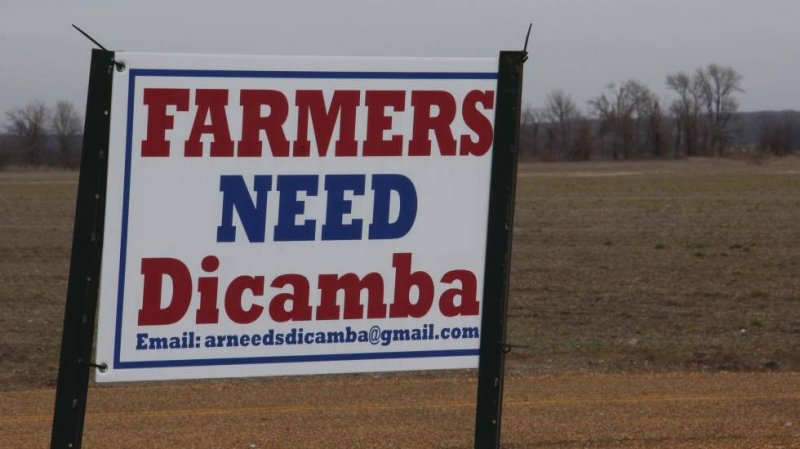In 2016, the U.S. Environmental Protection Agency approved Monsanto’s dicamba-based herbicide under a conditional two-year registration. The agency determined dicamba, a traditionally volatile herbicide, would no longer be allowed to be sprayed unless incidents of the pesticide harming other crops “are not occurring at unacceptable frequencies or levels.”
By 2018, farmers had filed more than 4,200 official complaints that alleged damage to at least 4.7 million acres of soybeans from the use of dicamba on Monsanto’s genetically engineered soybean and cotton plants.
But, in its Oct. 31, 2018 decision, the EPA re-approved the herbicide for another two years, failing to even mention the prerequisite of “unacceptable” off-target movement it had set in its initial approval.
[Editor’s note: Read Farmer vs farmer: After tens of thousands of acres of crop damage, what are we to make of the ‘dicamba debacle’? to learn more.]
The EPA’s failure to meet its own benchmark was unlawful and that decision should be vacated, a federal lawsuit filed by a coalition of farmers and conservationists alleges.
…
Earlier [in 2020], a Missouri jury awarded peach farmer Bill Bader $265 million in a lawsuit alleging that Monsanto and BASF knew their dicamba-based herbicides would drift and harm other crops. Hundreds of other farmers have filed similar lawsuits, but those civil lawsuits have no bearing on whether dicamba can be sprayed.
The [current] lawsuit filed against the EPA could change that.































